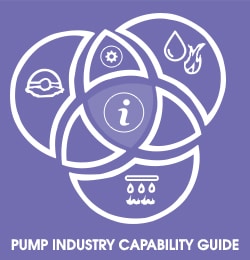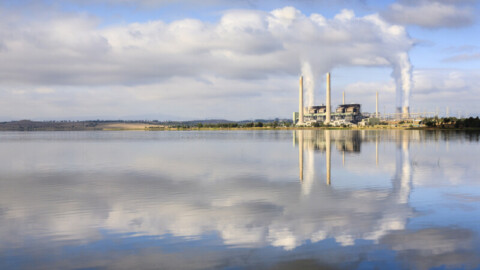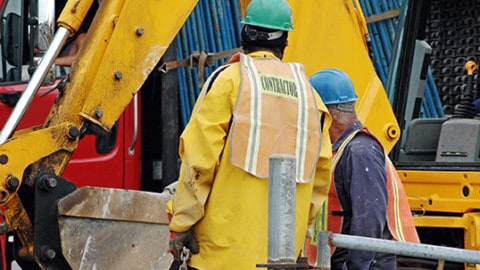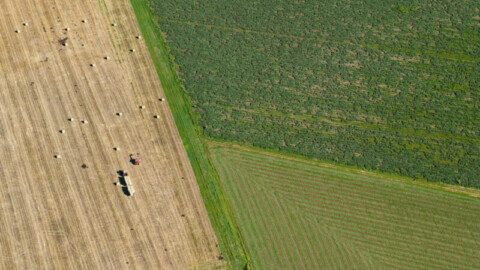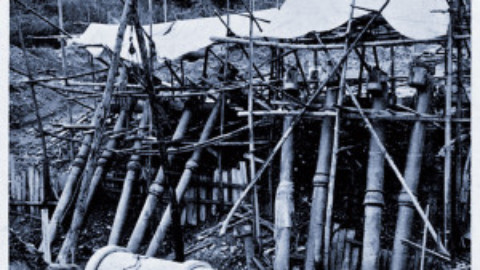The New South Wales Department of Planning and Environment has released the second draft of the strategy to address water challenges for the Gwydir region – including investigations into aquifer recharging – and calls on the community to have their say on the proposed actions.
The Gwydir Regional Water Strategy is on public exhibition for the second time until 29 June 2022.
Executive Director of Policy and Strategy, Kaia Hodge, said the second draft of the strategy has been prepared following extensive consultation and feedback from the community.
“After engaging with residents, businesses, stakeholder groups, Indigenous communities and councils, we have shortlisted options that support key priorities for Gwydir,” Ms Hodge said.
“These include ensuring water for critical human and environmental needs, ensuring sustainable water resources for new and existing businesses, as well as supporting a healthy environment.
“Farms and the agriculture industry employ half of the region’s workforce and are a significant driver of the Gwydir’s $1.34 billion a year economy.
“Water drives agriculture, it supports towns and ensures a healthy local environment, which for the Gwydir includes the internationally-recognised Gwydir Wetlands.
“Working closely with the community, we are making decisions around future investments that will optimise water management and help ensure a safe, secure and resilient supply in the decades to come.”
This strategy, alongside eleven other regional and two metropolitan strategies across the state, has been developed using the best and latest scientific evidence to understand and mitigate risk, even in the most extreme climatic circumstances.
“The draft strategy puts forward the best mix of solutions to address the region’s water-related challenges and support environmental, social and economic outcomes,” Ms Hodge said.
“These include investigating Managed Aquifer Recharge in the Gwydir, a potential innovative way to store water underground, investigating whether licence conversions can help diversify the local economy and attract new businesses to the region, including the Moree Special Activation Precinct, and actions to reduce the impact of infrastructure and land use on the environment.
“There is no ‘one-size-fits-all’ solution to manage water in our regions. I encourage all members of the community and stakeholders in the Gwydir region to get involved and have their say to help finalise the strategy.
“Water is for everyone, and we are ensuring our water management policies support the future of the Gwydir and all of New South Wales.”
Stakeholders and the wider community will have the opportunity to attend a webinar or face-to-face consultation sessions and provide their feedback.
The face-to-face general information sessions and Indigenous engagement sessions will take place in various locations throughout June 2022.
Image: Mehi River in the Gwydir region. Image courtesy of New South Wales Department of Planning and Environment.



